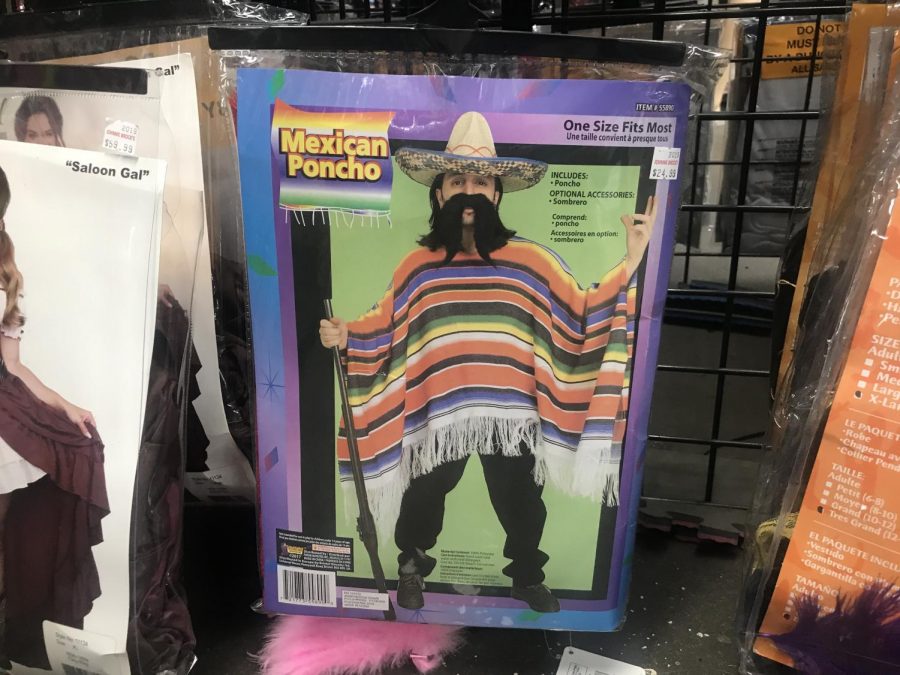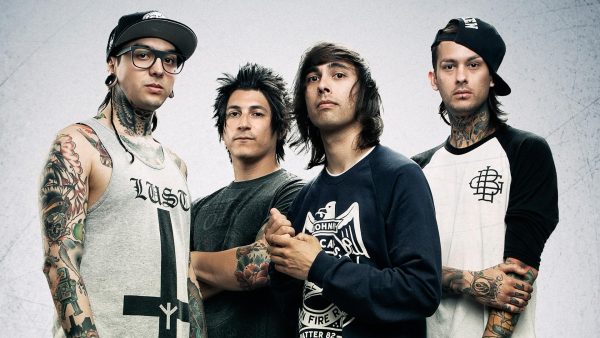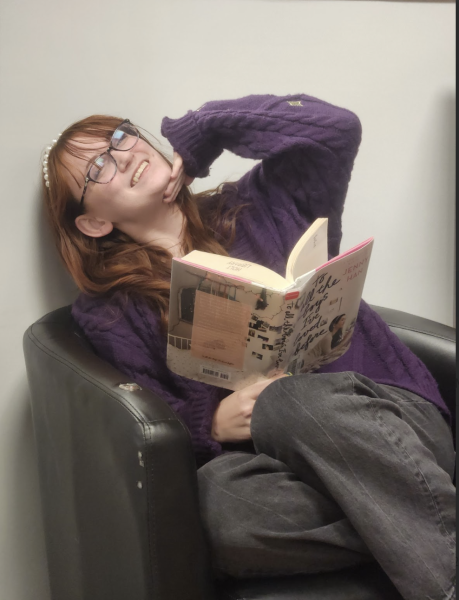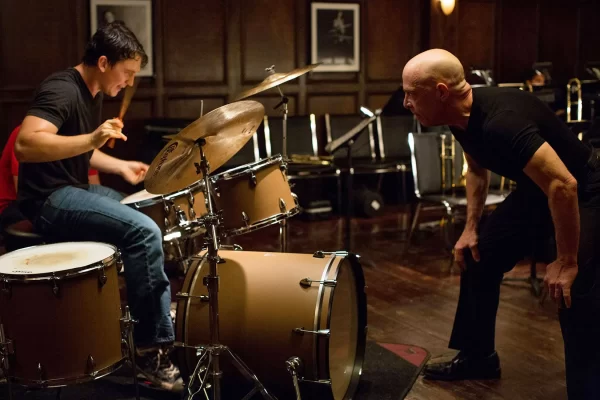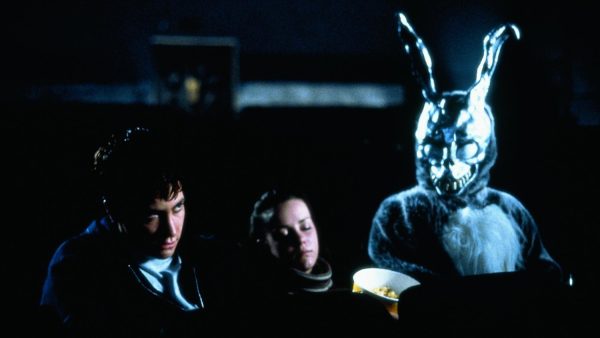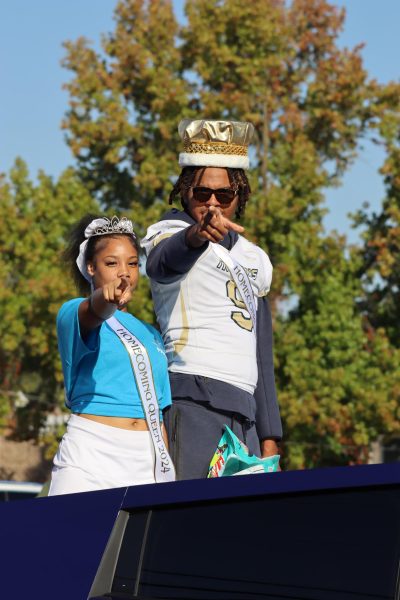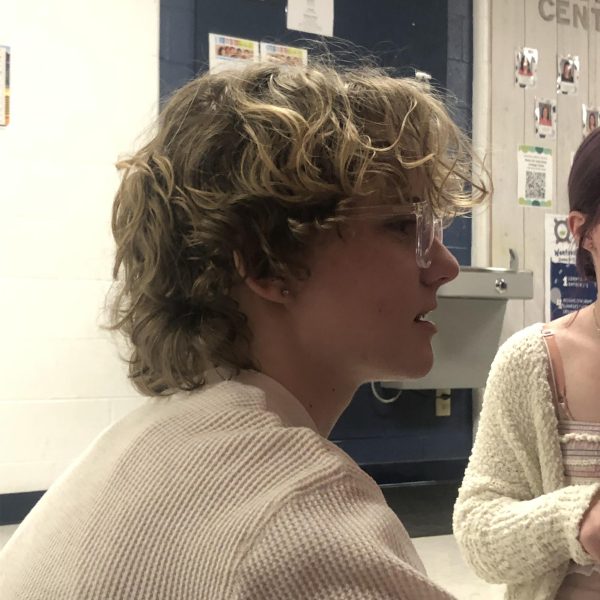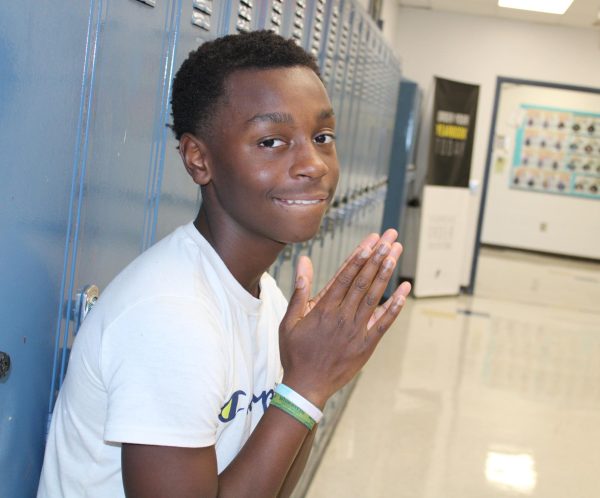Controversial Costumes
Many costumes stereotype in a very distasteful way and paint certain groups in a negative light.
With Halloween coming up this weekend, some offensive Halloween costumes will be worn, like always. Addressing the offensiveness of these costumes may help prevent the costumes from being used next year. From cultural appropriation to even racism, the costumes vary on types of controversy.
Political Halloween costumes may seem funny and like a good idea, but political costumes will just start more conflicts. Spirit Halloween sells masks of President Donald Trump and Vice President Joe Biden. Like last election year, these will most likely be popular costumes to wear as a form of mockery toward the opposing party.
“Most people only get political costumes to make fun of the political figure,” Bryttney Francis (’22) said. “I think it’d be best to just not have political costumes.”
Stereotypical Mexican costumes are racist and problematic. The poncho, sombrero, and thick moustache are usually sold at Halloween stores for people to dress up as a stereotype of a group of people. These costumes are mildly offensive to some Mexicans.
“Well, obviously [the costume] is offensive,” Marissa Kaestner (‘23) said. “It’s offensive to Mexican culture and is stereotyping them.”
As well as stereotyping, it misrepresents the Hispanic culture for all of its beauty.
“I, as a Hispanic woman, find it to be very distasteful and it paints Hispanic people to be poncho-wearing, taco-eating people,” Francis said. “Our culture is beautiful and deserves to be recognized for how beautiful it is and shouldn’t be a topic of jokes and rude, unrealistic stereotypes.”
As a group of people that have already been through so much trauma, this shouldn’t even have to be said, but Holocaust costumes are highly offensive and should never be worn. There are some Halloween stores that sell Anne Frank, Adolf Hitler, and even the striped shirts and pants the Holocaust victims wore when they were slaughtered.
“If you’re dressing as Anne Frank, you do you,” Anna Caul (‘23) said. “If you’re dressing as a Nazi, that’s not okay and you should stay locked up in your home.”
“Gypsy” costumes are offensive to the Romani people because, to begin with, gypsy is a derogatory term toward them and toward their cultures. Romani people suffered mass genocide during the Holocaust too, and to some, seeing their culture be stereotyped as the sheer, revealing costumes with crystal balls and tarot card can be triggering and offensive.
“Romany people shouldn’t be known as fortune tellers and ‘gypsies’ in general as it’s a derogatory term toward them,” Francis said. “Their culture shouldn’t be a halloween costume.”
Sexualizing a group of people and their culture is something that is common these days. From “sexy ninja” to “sexy indian princess,” people decide to buy and wear these costumes despite the appropriation toward the cultures involved. The usage of Native Americans as mascots and costumes is bad enough already, but now they are being sexualized into a Halloween costume for people to wear to parties and to go trick-or-treating.
“I think [Halloween stores] are sexualizing a culture and I don’t think they should do that,” Paris Heaver (‘22) said.
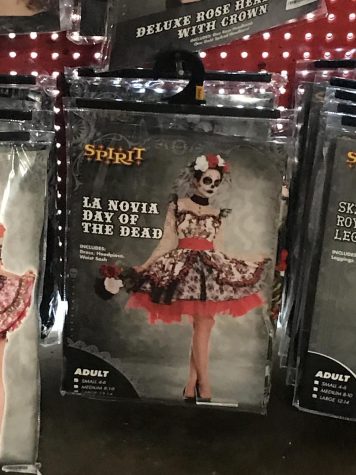
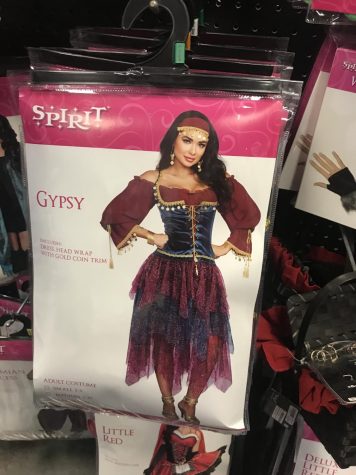
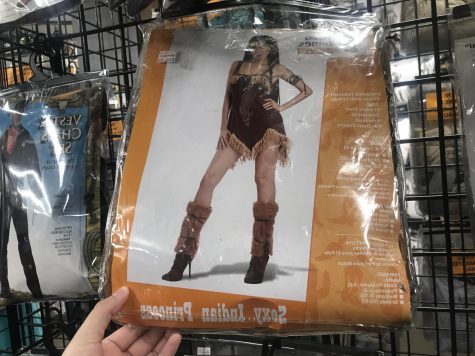
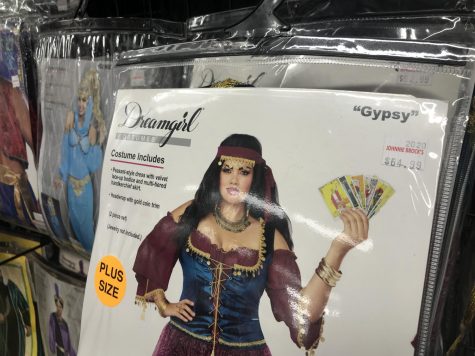
People should stick to the classic, inoffensive costumes like characters from movies and TV shows, ghosts, devil, angel, witches, and more. It will avoid conflict and help stop old racist ideals and stereotypes towards certain groups of people. Although many controversial costumes are mildly offensive, there are few that are actually funny.
“Controversial costumes can be funny but some people go a bit too far on purpose,” Caul said. “Even if I don’t agree with someone costumes choice, I can ignore most of them, but some people don’t know where to draw the line with certain costumes.”


